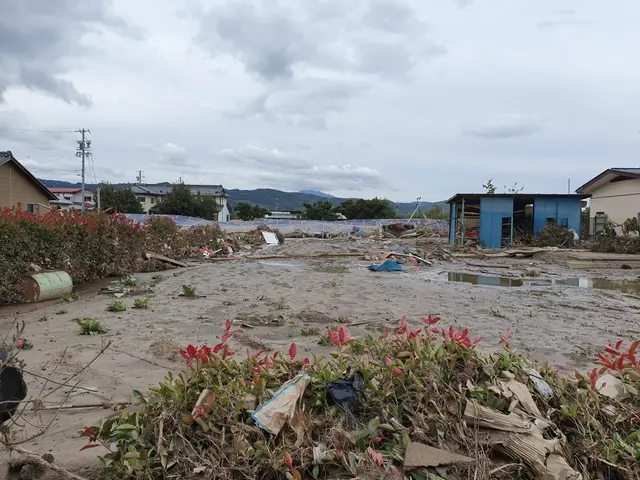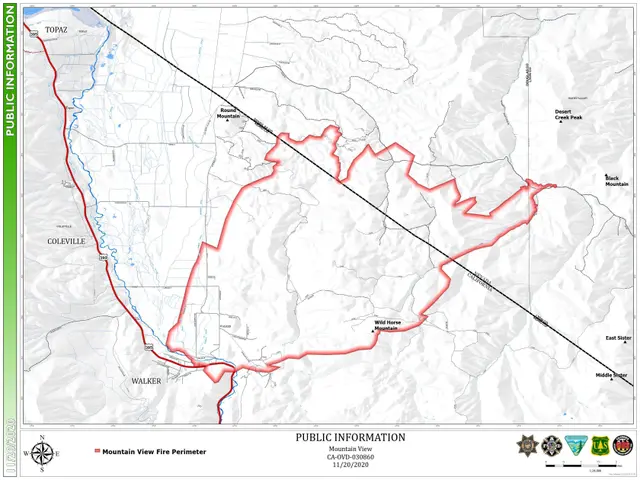Titled: A Victory for Cantabrian Officials
Wolf Extraction Inquiry Dismissed: Prosecutor Upholds Counselor Cantabra's Decision
The Minister for Rural Development, Livestock, Fisheries and Food in Cantabria, María Jesús Susinos, is elated following the ruling by the Cantabrian Prosecutor's Office to dismiss the probe against her and Director General of Forests and Biodiversity, Ángel Serdio, over the wolf removal in the region.
In a recent statement, Susinos asserted her satisfaction with the Prosecutor's decision, emphasizing the significance of livestock in the autonomous community. She considers it a key sector that warrants proper management and population control strategies for wildlife.
Earlier, a complaint was filed by Ecologistas en Acción and the Association for the Conservation and Study of the Iberian Wolf (ASCEL) against Susinos and Serdio, alleging crimes of prevarication and against wildlife, based on the authorization and execution of the order to eliminate 41 wolf specimens as part of the management plan of the canid.
The minister, however, maintains a positive stance, stating that her department acts "with absolute legality." Susinos further reiterates the necessity and indispensability for population controls, given the increase in the number of wolf packs and the threat posed to livestock.
Cantabria has experienced an increase of 92% in packs over the past ten years, with more than 200 wolves accounting for 80% of the Cantabrian territory, even in coastal areas. Last year, there were over 2,500 attacks and more than 3,200 dead animals certified.
As a proactive measure, Susinos affirms that population control will continue, based on scientific and technical criteria, to ensure peaceful coexistence between livestock and the wolf. She also indicated that 20% of extractions allowed by the management plan achieves the stability of the current wolf population.
Politically, the need for population control is underscored by the support of PSOE's general secretary and the demands put forth by IU for the Government to tighten penalties for corruption and seize assets within irregular networks.
This issue regarding wolf management in Cantabria, while contentious, does not appear to have led to any high-profile ongoing investigations as of late 2023, but continues to be a matter of public debate and attention. To stay updated on current developments in this topic, it's recommended to follow regional news outlets, such as El Diario Montañés, El Mundo Cantabria, or Cantabria24horas. Official communications from the Junta de Cantabria or the Spanish Ministry for the Ecological Transition, as well as conservation organizations such as WWF Spain or Ecologistas en Acción, may also provide useful updates on wolf-related legal proceedings.
- The dismissal of the probe against Minister Susinos and Director General Serdio by the Cantabrian Prosecutor's Office has sparked significant discussions in the realm of environmental science and policy-and-legislation, as their actions involved the management of the wolf population in Cantabria.
- The situation, while contentious, has also highlighted the importance of general news coverage in keeping the public informed about issues such as this one, with regional news outlets like El Diario Montañés, El Mundo Cantabria, and Cantabria24horas providing updates on the topic.
- The ongoing debates about wolf management in Cantabria, especially in the context of politics and the need for population control, have also brought attention to the role of organizations like WWF Spain and Ecologistas en Acción, which advocate for wildlife conservation and seek to influence policy-and-legislation.






